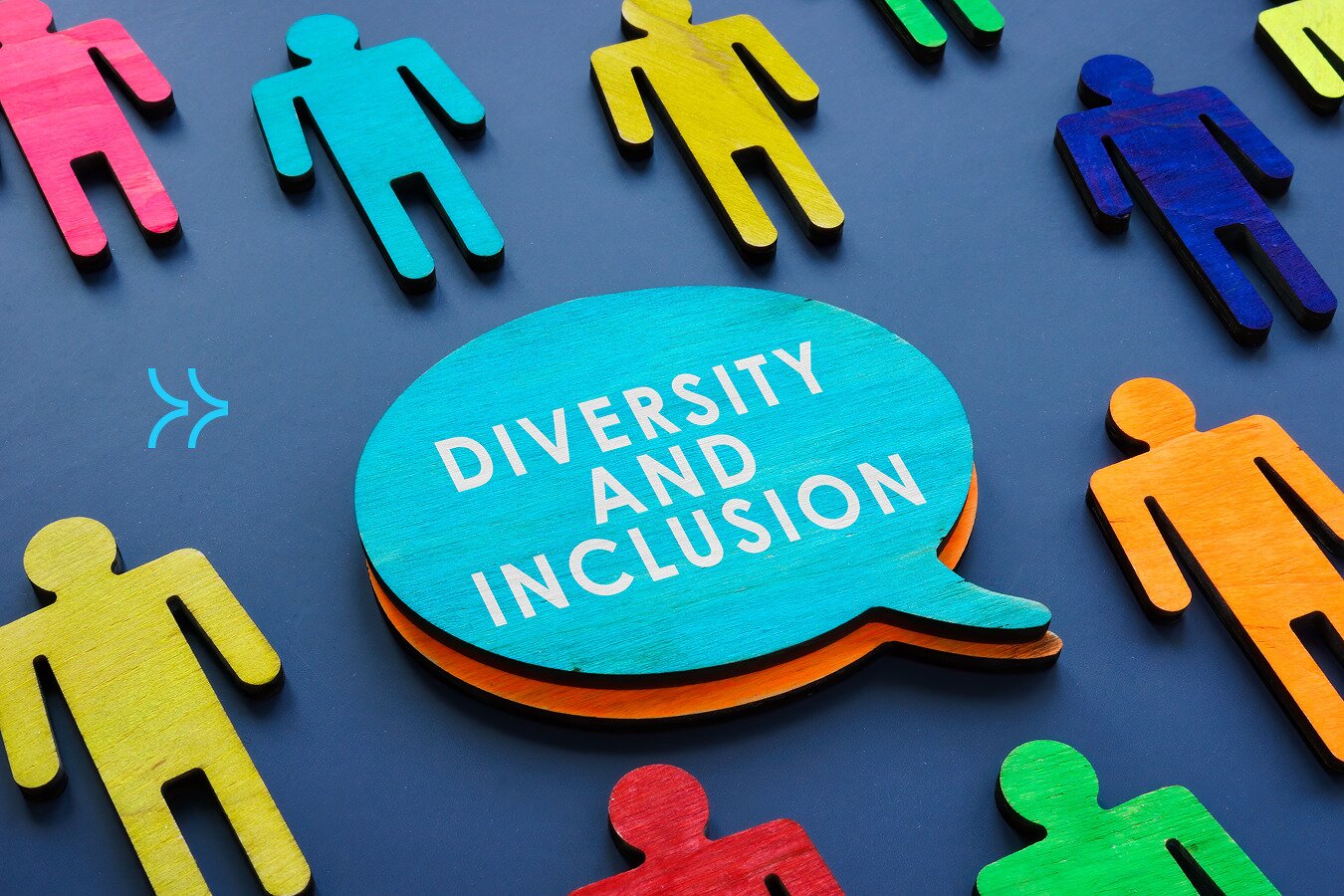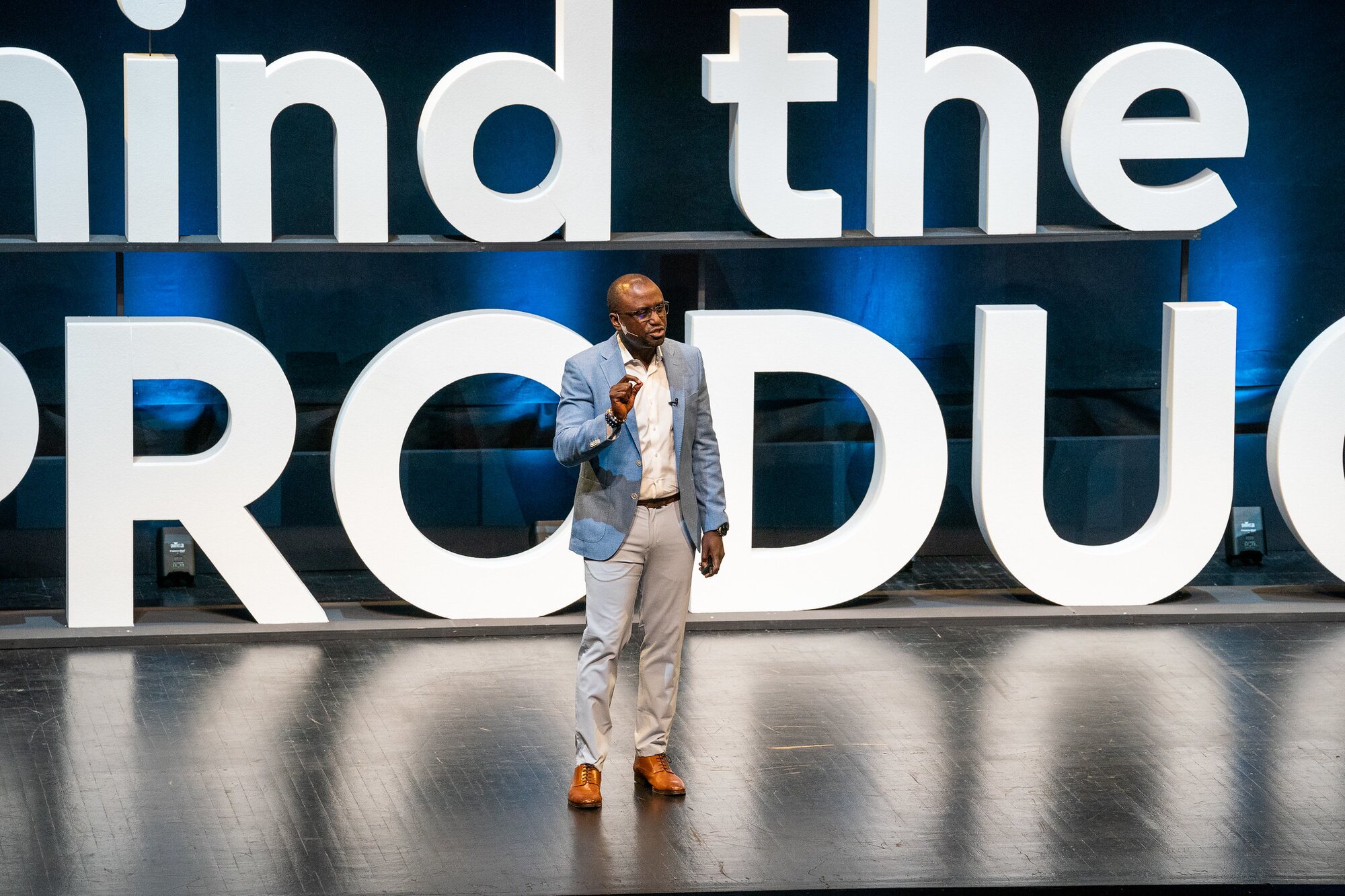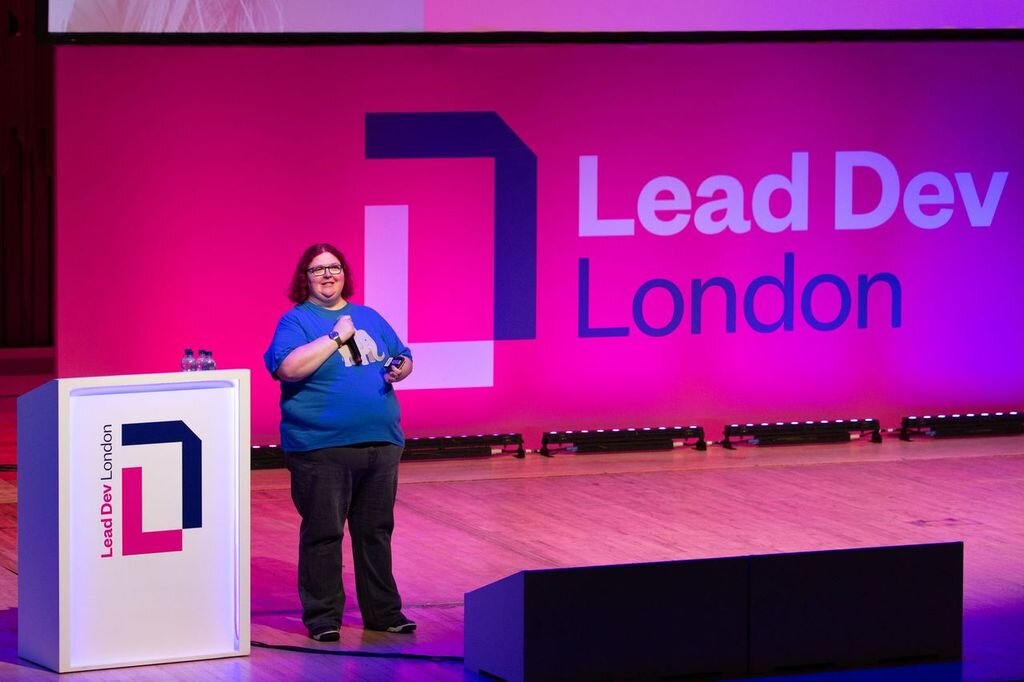Rakhi looks at how we can go about creating cognitively diverse teams to tackle the big questions of the future. She points out that:
- In a world of commercial space travel and autonomous vehicles, human behaviours are changing – we need teams that can work on these new futures
- Disciplinary hierarchies and boundaries curb innovation
- We all look at the world differently – divergent mindsets and people are the ones who are willing to challenge the status quo
Technology is changing the world and the way we interact. She says, for example, that people are less able to process long-form content than they were a few years ago. We spend more time alone, and brain structures in children and teenagers have shifted significantly.
Companies like to put people into boxes but we need different mindsets and perspectives from outside traditional academic disciplines. Rakhi built a digital lab from scratch, hiring 120 people in 18 months from 4,000 CVs. Below are her learnings from that time:
- Hiring at pace means that you make loads of mistakes – define the rituals that make up your culture
- You have to be deliberate in the mindsets you need – we need people willing to fight for the things they care about and people who are willing to ask tough questions
- CVs and interviews tell you what you want to hear – ask “what did the teacher say about you on your parent-teacher evenings?”
- People look to each other for cues and the loudest cues win, unfortunately – create a model “first-team” to show their vulnerability, that then models behaviour for future hires
Watch the original talk: Creating cognitively diverse teams by Rakhi Rajani







